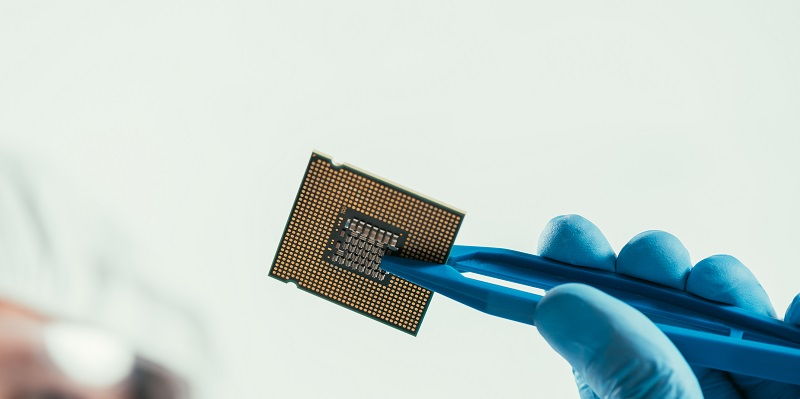Intel has been generating buzz in the tech industry with its upcoming Raptor Lake refresh. With rumors and speculations making rounds, a recent leak from Intel’s team in Japan has shed light on the core configurations and clock speeds of the highly anticipated K-series chips. This leak not only confirms previous rumors but also highlights the accuracy of Twitter sleuths when it comes to predicting upcoming hardware advancements.
Leak Confirms Core Configurations and Clock Speeds
Thanks to the leaked information, we now have concrete details about the core configurations and clock speeds of Intel’s K-series chips. These revelations validate the speculations and provide enthusiasts with a clearer picture of what to expect from the next generation of Intel processors.
Flagship Core i9-14900K
The flagship K-series chip, Core i9-14900K, will continue with the successful 24-core, 32-thread configuration found in its predecessor. However, the leak suggests a potential 200MHz boost to its maximum turbo frequency. This boost is expected to elevate the chip’s performance and appeal to power users who demand top-tier processing power.
Breaking the 6GHz Barrier
A notable aspect of the Core i9-14900K is that it will be Intel’s first 6GHz CPU that isn’t a “special edition.” This achievement showcases Intel’s commitment to pushing the boundaries of CPU clock speeds, delivering unprecedented performance to customers.
Power Ratings: i9-14900K vs. i9-13900KS
The leaked information also sheds light on the power ratings of the upcoming i9-14900K compared to its predecessor, the i9-13900KS. The i9-14900K is expected to have a more efficient power rating of 125W, a significant improvement over the i9-13900KS’s 150W rating. This reduction in power consumption is a welcome development as it aligns with the industry’s growing emphasis on energy efficiency.
Core i7-14700K: Enhanced Multithreaded Performance
The leak reveals that the Core i7-14700K will receive four additional efficiency cores, resulting in a total of 20 cores with a configuration of 8+12. This upgrade positions the Core i7-14700K to excel in multithreaded workloads, delivering powerful performance for tasks that require parallel processing.
Clock Speed Boost for Core i7-14700K
In addition to the core configuration enhancement, the leak suggests a 200MHz clock bump for the Core i7-14700K, elevating its maximum turbo clock speed to an impressive 5.6GHz. This increased clock speed further reinforces its capabilities in handling demanding tasks and workloads.
Incremental Boost for the i5 CPU
The leaked information indicates that the Core i5 CPU will only receive a modest 200MHz boost to its maximum turbo clock, retaining the same core configuration as its predecessor. While not as substantial as the upgrades seen in the i9 and i7 chips, this boost will still contribute to improved performance and responsiveness.
Final Lineup for K-Series
To summarize, the K-series lineup is expected to consist of three configurations: 24, 20, and 14 cores. The flagship Core i9-14900K will offer an impressive single-core clock speed of 6GHz, while the Core i7-14700K will provide a maximum clock speed of 5.6GHz. Lastly, the Core i5 CPU, with its 14-core configuration, will have a maximum turbo clock speed of 5.3GHz. These specifications showcase Intel’s commitment to providing a diverse range of options to accommodate varying performance needs.
In conclusion, the leaked details regarding Intel’s upcoming Raptor Lake refresh have provided tech enthusiasts with valuable insights into the core configurations and clock speeds of the K-series chips. The leaked information aligns with previous rumors, thus highlighting the accuracy of Twitter sleuths when it comes to predicting hardware advancements. With a flagship 6GHz CPU and enhancements in core configurations and clock speeds across the lineup, Intel seems poised to offer a compelling and competitive range of processors for consumers and professionals alike.

